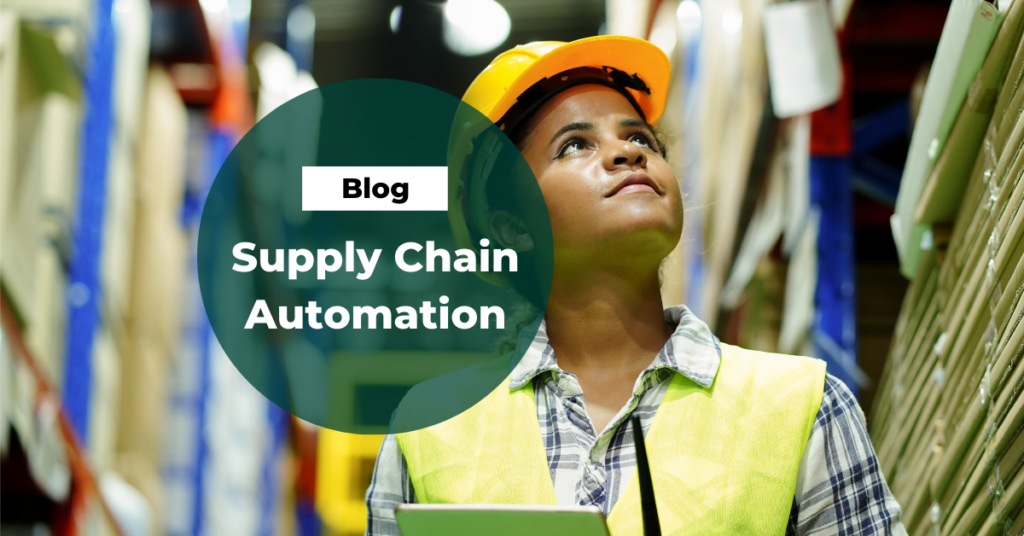
Automation is growing exponentially in supply chains across the globe in an effort to mitigate risk, improve agility and ultimately navigate challenges many are facing in supply and demand. Supply chain automation uses AI and advanced technologies to automate manual tasks into streamlined digital workflows, increasing production efficiency. This allows for supply chain tasks to be completed with advanced precision without direct human interaction. With a constant shift in supply and demand, supply chain automation is critical for leaders to make better decisions based on real-time information.
Why is supply chain automation important?
Automating tasks saves valuable time and resources that were originally done manually, freeing up valuable. With Generative AI, the technology does the work for you to answer frequently asked questions, provide real-time updates on shipments, and even help with data analysis. This increased efficiency allows supply chain businesses to focus on more strategic tasks, ultimately leading to increased productivity and profitability. Gartner found that 34 percent of supply chain leaders say that adapting to new technology is the most important strategic change supply chain organizations will face five years from now. 34% of supply chain leaders said that adapting to new technology is the most important strategic change supply chain organizations will face five years from now. Supply chain automation provides visibility to supply chain inventory, order and purchasing, a 360 degree view, and much more.
Why is supply chain automation relevant?
The global warehouse automation market is estimated to surpass $30 billion by 2026 from $15 billion in 2019. With the rapid growth of this industry, businesses must move to processes that cut costs and keep up with the competition. By cutting costs, businesses have the opportunity to properly re-allocate and spend their capital. With automation companies can be supported around the clock, helping increase their production capabilities with complete and accurate forecasting. With data driven forecasting, supply chain automation tools can identify crucial algorithm patterns to encourage optimal performance.
What are the benefits of supply chain automation?
There are many benefits that come along with automating your supply chain:
- Supply Chain Visibility
- With supply chain visibility businesses have the ability to see their data in real time, leading to smarter and more efficient business-driven decisions.
- Cost Cutting & Increased Cash Flow
- Automation technologies create digital dashboards that allow for end-to-end visibility and data storytelling visualizations. Additionally, its ability to quickly process data and provide insights helps companies avoid costly mistakes and inefficiencies
- Integration Capabilities
- Automation can also integrate and provide visibility into disparate data sets and procurement, giving decision makers accurate information to make informed decisions.
Conclusion
Innovative and new supply chain technologies are the new way forward for businesses to cope with supply chain woes and procurement issues. By integrating supply chain automation, businesses can simultaneously cut costs and increase efficiency. Get ahead of the game and request a demo today!


